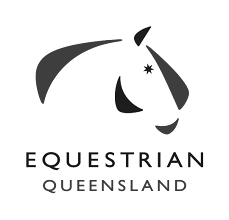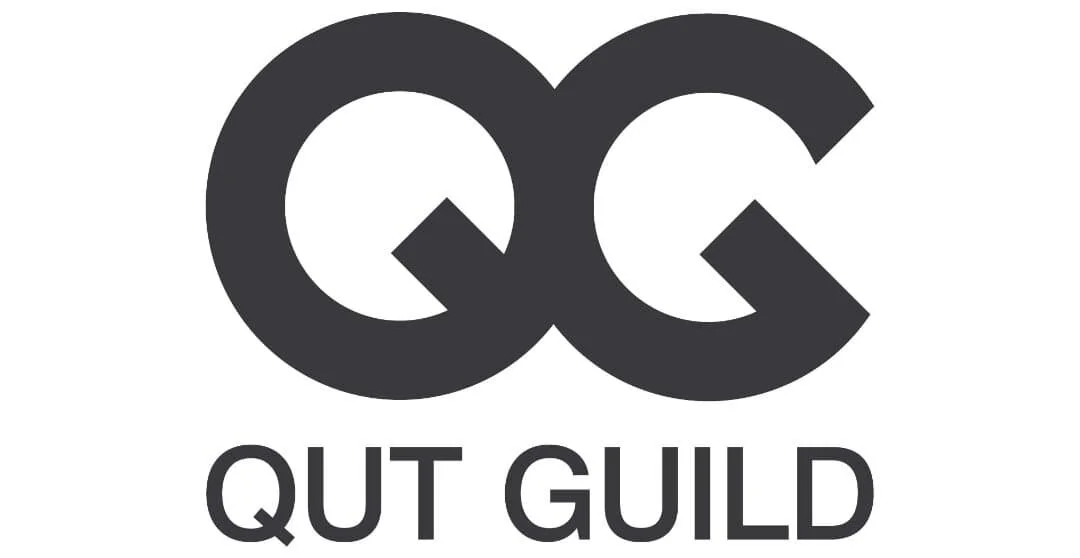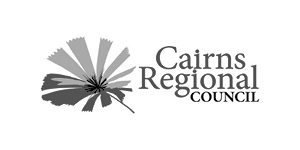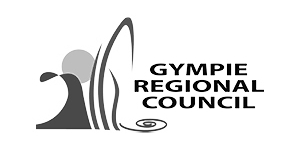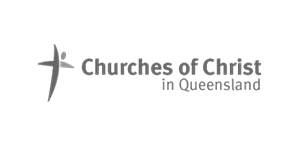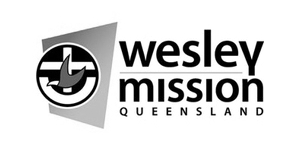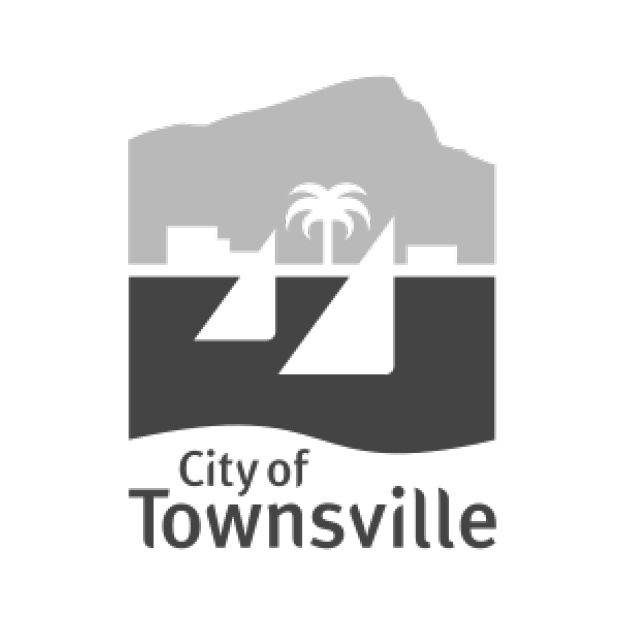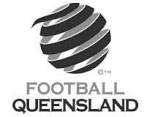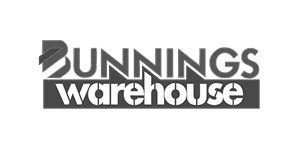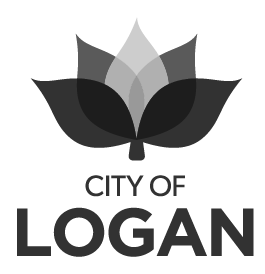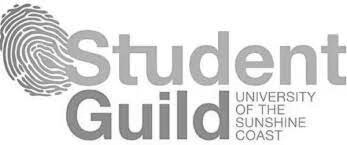I’m no gambler. Some people love to have the occasional flutter and others can earn a living playing poker. But it’s not for me, and I’ve figured out why.
There are three main reasons why I don’t gamble. Firstly, having been pretty good at maths as a kid, I can work out the odds. Statistically speaking, I reckon I have a better chance of being the first person to play Scrabble on Mars than win the lottery!
Secondly, I’m not good at it. I’ve never put in the time to learn games like poker, so when I have played, it hasn’t been fun watching my friends fleece me of my money.
And finally, understanding the impact that gambling addiction can have on families, I have to admit that I’m honestly scared of losing my money!
It’s good to know, however, that I’m not the only one. As humans, we are so afraid of losing what we have that psychologists have given it a name. It’s called loss aversion.
Loss aversion is our very human tendency to prefer to avoid a loss than to achieve a gain. In fact, the pain of a loss has been suggested to be twice as powerful as the pleasure of an equivalent gain. This means that if, for example, we were to lose $100, we would hate it twice as much as we would love finding $100.
I think it’s this fear of loss that is holding some clubs back. I have seen lots of very clever, professional and successful volunteer committee members avoid making changes in their clubs for fear of losing the status quo. It seems the thought pattern here is, “Things are going ok, so let’s not try anything different, just in case they get worse.” Notice that this is very similar to, “If it ain’t broke, don’t fix it!”
This type of thinking implies that there is no reason to change if your organisation is doing ‘good enough’. On the surface, this appears logical. After all, “What we have been doing has got us this far, so let’s keep doing it.” This thinking ignores reality because it assumes that you are operating in a constant, non-changing world. But the world is changing, and changing fast.
Loss aversion has prevented clubs I know from making changes to everything from adopting new technologies that would save volunteers’ time, to challenging their fee structures. In a world where almost every business has moved to online accounting packages, some clubs are still using such old versions of MYOB that they need to keep using the club’s old laptop, because it’s the only machine that can still run Windows 95!
Some club leaders are so scared of losing members that they haven’t changed their membership fees for more than a decade, despite the fact that inflation has pushed their operating costs up every single year.
In the competitive world of sport, unless you can overcome your natural fear of loss, you may never make the types of changes that are necessary to achieve great gains. If you keep doing everything the same way in an ever-changing world, you’ll end up going backwards.
I’m not suggesting that you ‘gamble’ with your club’s assets. But I do suggest that you look optimistically to the future and implement well-reasoned changes that are likely to reap positive rewards.
Where should you look for things to change? Start by looking at the systems and processes you have in all areas of your club. Are there any that are still the same as they were 10 years ago? 20 years ago? Can you find any sacred cows - things that nobody has even considered changing, but no one knows why? Every club, and every business and government agency for that matter, has things that could be better. So focus on the potential gains of change to help defend yourself from loss aversion, to keep you moving in the right direction.
If you’re interested in more about loss aversion and many of its related biases, I recommend investigating the work of Amos Tversky and Daniel Kahneman dating back to the 1970s. Daniel Kahneman’s highly-acclaimed book, Thinking Fast and Slow, is highly-acclaimed for a reason - it’s great!
Contact CPR Group today if you would like to bring your club up to speed with modern times!



